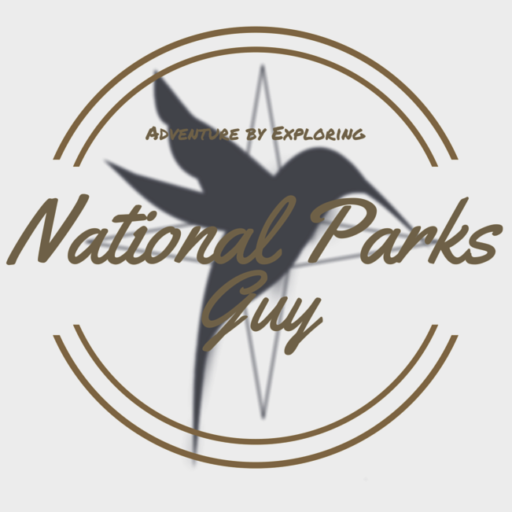We all have our place!
From time to time I look over the critically endangered wildlife and plants on the ICUN Redlist and highlight a species and the reasons for it’s decline. Today though when I was looking to write about Campbell’s Aligator Lizard when a thought struck me about the species we see in decline, we all have our place!
Campbell’s Aligator Lizard is found in Eastern Guatamala and grows to about 25cm to 35cm. The interesting thing about these lizards are that they live at an altitude of 1800m – 1900m in dry Pine-Oak forests that inhabit about 18 square kilometres. This is such a small space for a species (18% is located in a private reserve), it is no wonder that there are so few remaining.
The ICUN places three reasons for their decline:
- Habitat loss
- Degradation from cattle
- Illegal pet trade
In 2013, there seems to be just 500 adult Abronia Campbelli that were estimated to still exist in the wild. Although there seems to be some bred in captivity, the numbers are in decline. We may see the extinction of these Lizards for good unless conservation projects like Project Abronia are publicised and we understand what is being lost.
What amazed me more, was that in this relatively small area of dry, high altitude Pine-Oak forest, a species of Lizard that is specific to this habitat exists. It shouldn’t be a shock, I know, but to think in that one area a creature inhabits it specifically because it can live and thrive just there, in those conditions, with that food source, is amazing.
We all have our place in life. If I think about the world of work, we each fit certain roles within the workplace and from time to time those roles are threatened in much the same way as Abronia Campbelli. There is habitat loss or the company fails or is taken over. There is role encroachment, or where departments and positions are rolled up into other remits. And there is the illegal pet trade or rather where we thought we were safe we are taken from our roles for any number of reasons leaving a void that we occupied before.
Not only does extinction mean the loss of life for a living organism or plant, it means there is a void that it once occupied. There is a gap in the circle of life that it occupied and as with all systems these gaps can be acceptable to a small extent, but when too many appear, we have a collapse. Making a noise about Critically Endangered species is not just about saving the fluffy looking ones or making a song and dance about our creatures, it is much more!
Highlighting the loss of our wildlife and plants really is trying to alert us to the very real possibility of a complete ecological collapse of an ecosystem and potentially worldwide devastation that affects us all.







